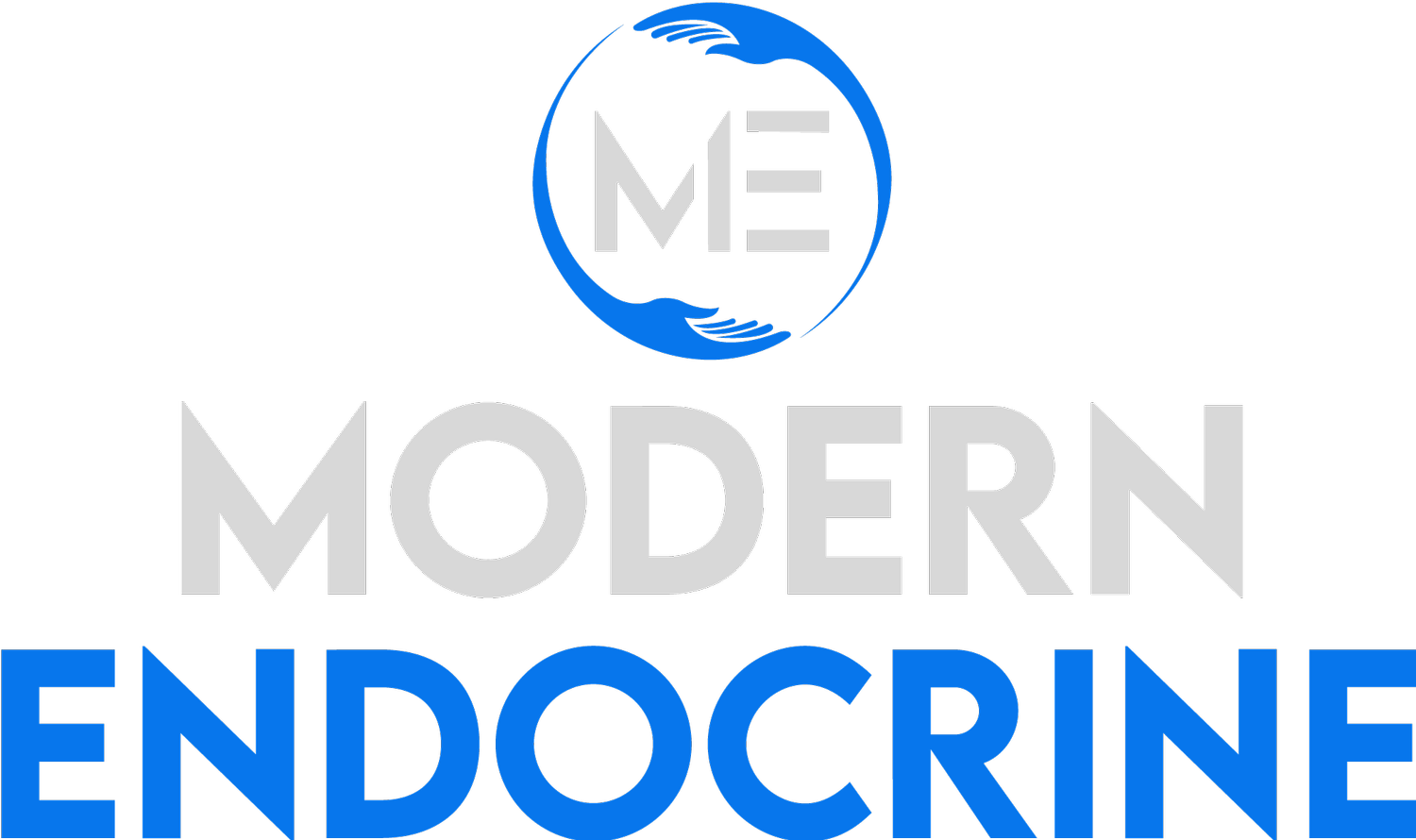Adrenal Disorders
Pituitary adenomas are benign growths of pituitary gland cells. Some pituitary adenomas secrete one or more hormones in excess. Other pituitary adenomas are large enough they lead to deficiencies in pituitary hormone production. Pituitary adenomas, even when they are small in size, can cause hormonal imbalances that affect bodily functions. Pituitary adenoma symptoms can include: headaches, blurry vision, vision loss, lactation, and menstrual irregularities. Pituitary adenomas are diagnosed by lab testing, and then confirmed with a pituitary MRI. They are treated with medication, surveillance, or surgery, depending on size and hormonal characteristics of the adenoma.
Cushing’s Disease is a disorder caused by an ACTH producing pituitary tumor that results in having too much cortisol in the body for a long period of time. Cushing’s disease is a rare condition, affecting 10 to 15 people per million every year. There are two types of Cushing syndrome: exogenous (caused by factors outside the body) and endogenous (caused by factors within the body). The most common cause of exogenous Cushing syndrome is long term use of cortisol-like medications (steroids) such as prednisone. Endogenous Cushing syndrome is most often caused by hormone-secreting tumors of the adrenal or pituitary glands. Symptoms include: rounded face, extra fat on the upper back, high blood pressure, muscle loss, weakness, purple striae on the lower abdomen, and rapid weight gain. Cortisol excess can be treated with medication, radiation, or surgery.
**Our office treats the full spectrum of pituitary disorders, as well as the hormonal imbalances which may occur as a result of pituitary disorders. If you have been diagnosed with, or believe you may have a pituitary disorder (pituitary adenoma, Cushing’s Disease, prolactinoma, agromegaly, empty sella syndrome, ect), contact us for an appointment.
Contact us
1616 S Kelly Ave
Edmond, OK 73013
Phone: 405.286.1571
Fax: 405.286.1572
Please note, this form should not be used for sending medical information. If you are experiencing a medical emergency, call 911 or go to your nearest emergency room. Your information will be sent to our administrative staff during standard office hours, and then forwarded to your provider. We strive to return calls or messages as quickly as possible, but please allow up to 48 hours for a response to your message. Please include your date of birth, provider, and the best number to contact you.
